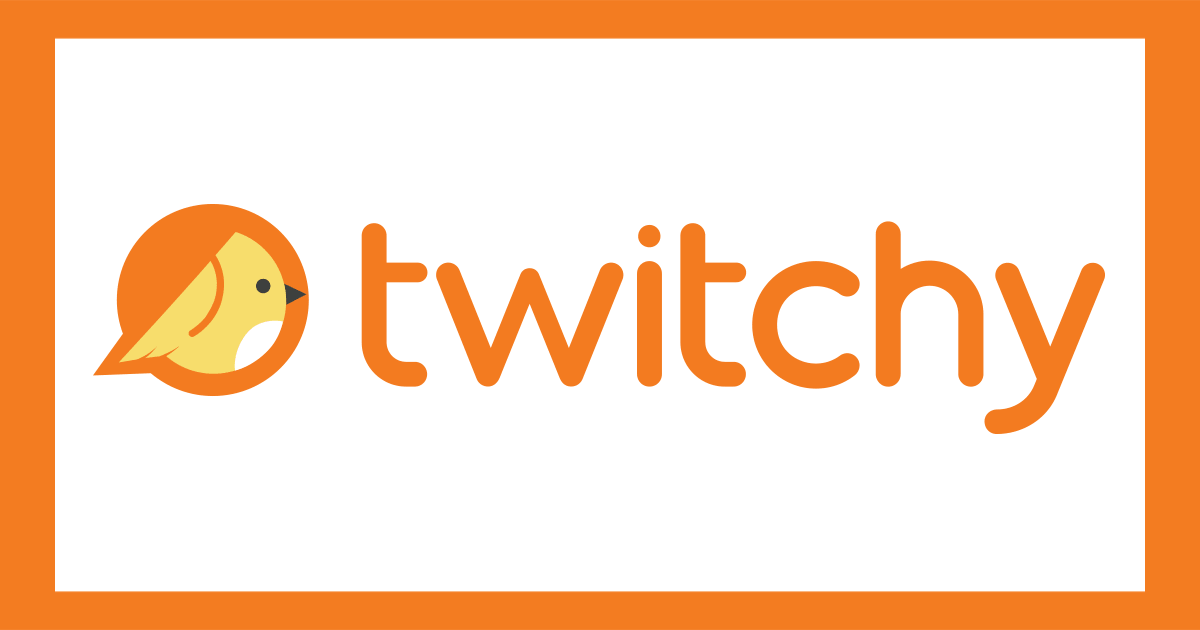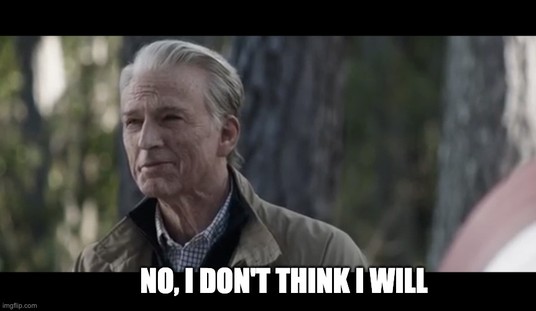Dr. David States, Chief Medical Officer of Angstrom Bio in Austin, TX, explained in the long and quite informative thread the challenges to developing a vaccine for COVID-19.
THREAD (it does get a tad pessimistic, but stick around until the end for some potential good news) ==>
If you’re hoping a vaccine is going to be a knight in shining armor saving the day, you may be in for a disappointment. SARSCOV2 is a highly contagious virus. A vaccine will need to induce durable high level immunity, but coronaviruses often don’t induce that kind of immunity 1/
— David States (@statesdj) April 21, 2020
There’s a nice preprint just out on antibody responses to SARSCOV2. Lots of people don’t develop much of an IgM response and the IgG response fades noticeably after just two months 2/ https://t.co/5ayWt5rIND pic.twitter.com/nh6BtgGyvm
— David States (@statesdj) April 21, 2020
This is consistent with the other human coronaviruses. They induce an immune response, but it tends to fade so the same virus can reinfect us a year or two later. 3/ https://t.co/MFQyjhZF0T
— David States (@statesdj) April 21, 2020
The experience with veterinary vaccines for coronaviruses is also not great. There are economically important coronaviruses infecting farm animals and we’ve been trying to develop good vaccines for decades. Most on these vaccines are putzy 4/ https://t.co/PMlLFx3npi
— David States (@statesdj) April 21, 2020
The problem is that SARSCOV2 is a highly contagious virus. While initial estimates for R0 were in the ~2.5 range, more recent estimates suggest it’s in the 3 to 5 range, and some individuals really do seem to be superspreaders shedding huge numbers of virus 5/
— David States (@statesdj) April 21, 2020
Recommended
That means a vaccine will need to be quite effective if it’s going to stop the spread of SARSCOV2. The polio, measles and smallpox vaccines are really remarkable medicines inducing high level long lasting immunity, but not all vaccines work so well 6/
— David States (@statesdj) April 21, 2020
Seasonal influenza vaccines are only ~50% effective meaning there is still a 1 in 2 chance you’ll get the flu even if you got the vaccine. But don’t get me wrong, the flu vaccines still save thousands of lives. That’s because flu isn’t that contagious, R0 in 1.4-1.7 range 7/
— David States (@statesdj) April 21, 2020
So even if only half the population takes the flu vaccine and it only works half the time, we are still knocking the effective infectivity down to 1 to 1.3 range which means the flu virus spreads a lot less quickly, far fewer people get infected and lives are saved 8/
— David States (@statesdj) April 21, 2020
But R0 for SARSCOV2 is 3 to 5 so a vaccine that fades to 50% effective would still leave the infectivity at 1.5 to 2.5. And that’s assuming 100% vaccination. If only half the population accepted vaccination, the infectivity would be 2.3 to 3.8. That’s quite contagious 9/
— David States (@statesdj) April 21, 2020
Bottom line, yes, we all hope we'll quickly develop a highly effective vaccine, but the biology of coronavirus and the history of veterinary vaccines suggests it may be a slog. We need to keep working on antivirals, and we need to be prepared for extended social distancing 10/fin
— David States (@statesdj) April 21, 2020
11/addendum – A speculative hope is that a SARSCOV2 vaccine will reduce the severity of illness even if it doesn't prevent infection altogether. Flu vaccines do reduce severity, but we'll have to see on the coronavirus https://t.co/6B692TG9wI
— David States (@statesdj) April 21, 2020
12/addendum This Thread comes across as too pessimistic. There are ~75 vaccine candidates entering clinical trials. Hopefully some will be successful, and even if they “just” mitigate severe disease and require an annual booster that would still be a big a success
— David States (@statesdj) April 22, 2020
***
























Join the conversation as a VIP Member